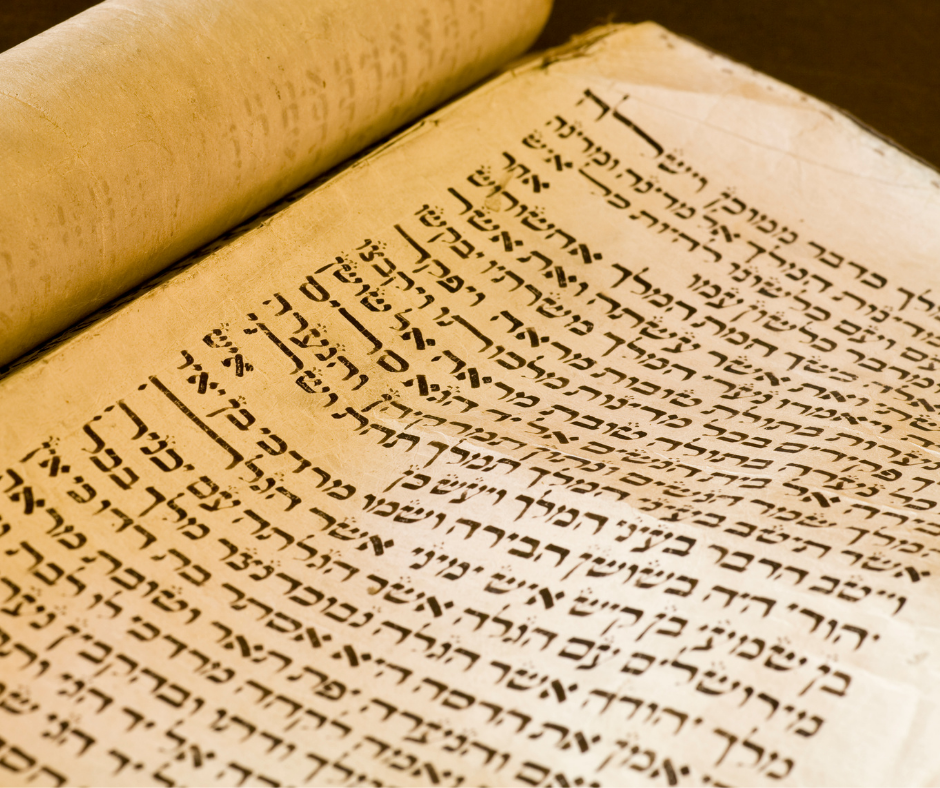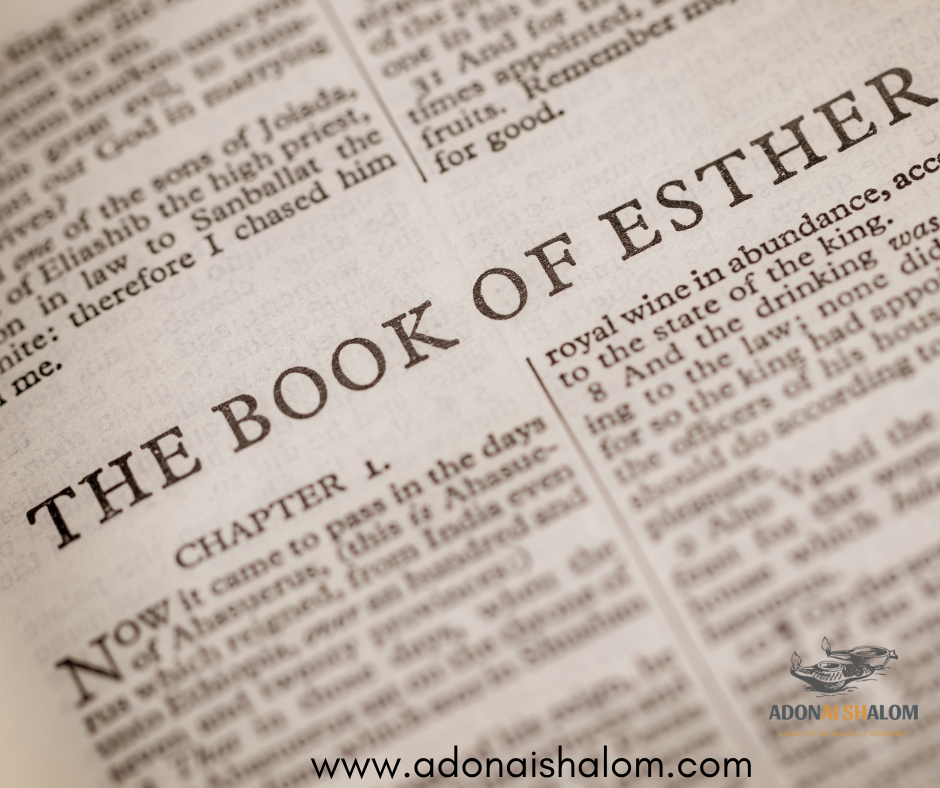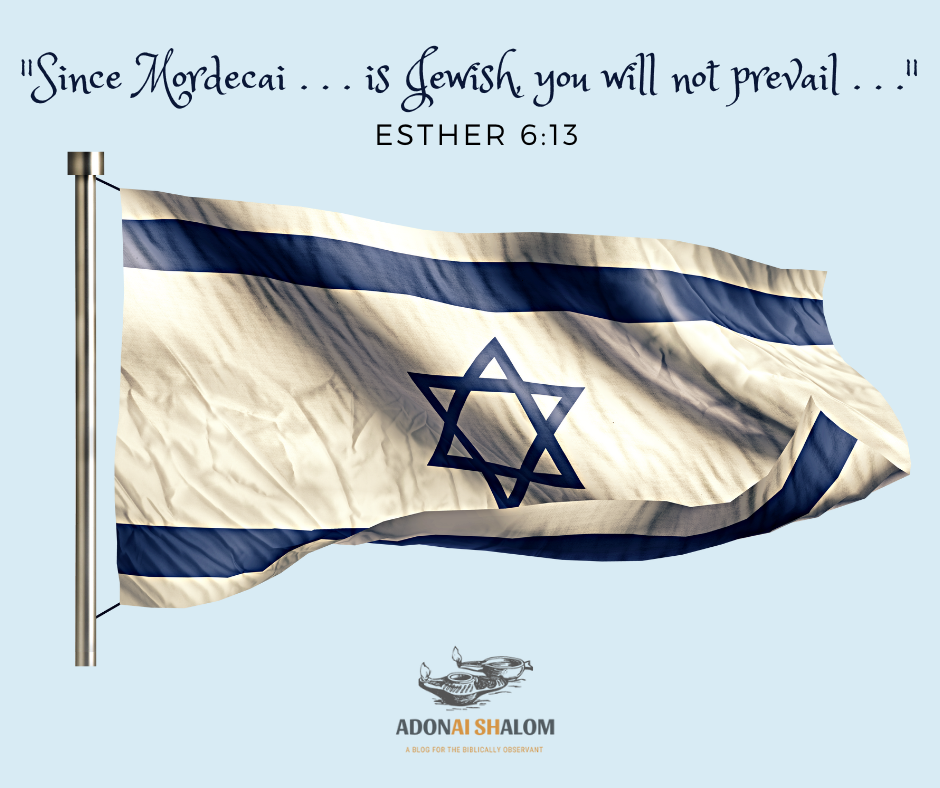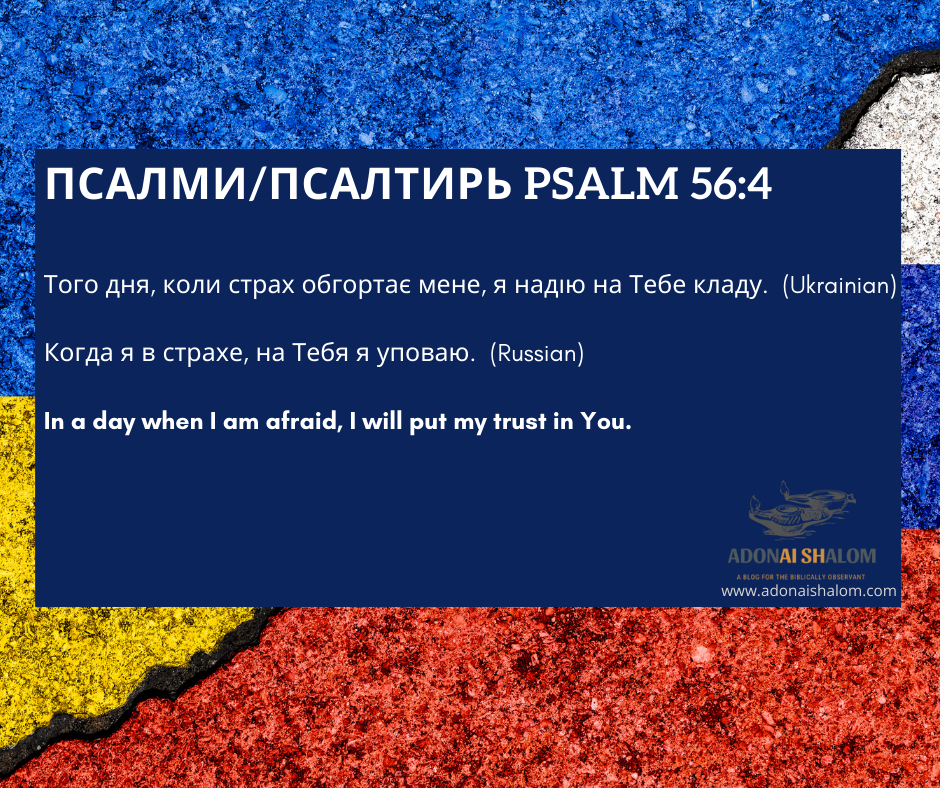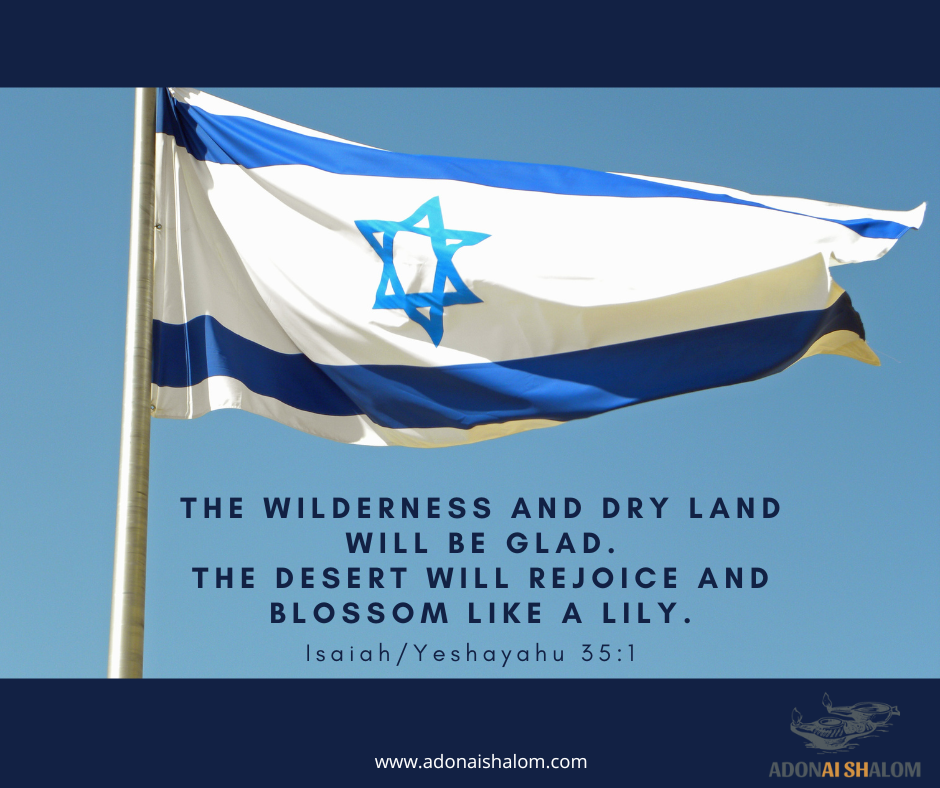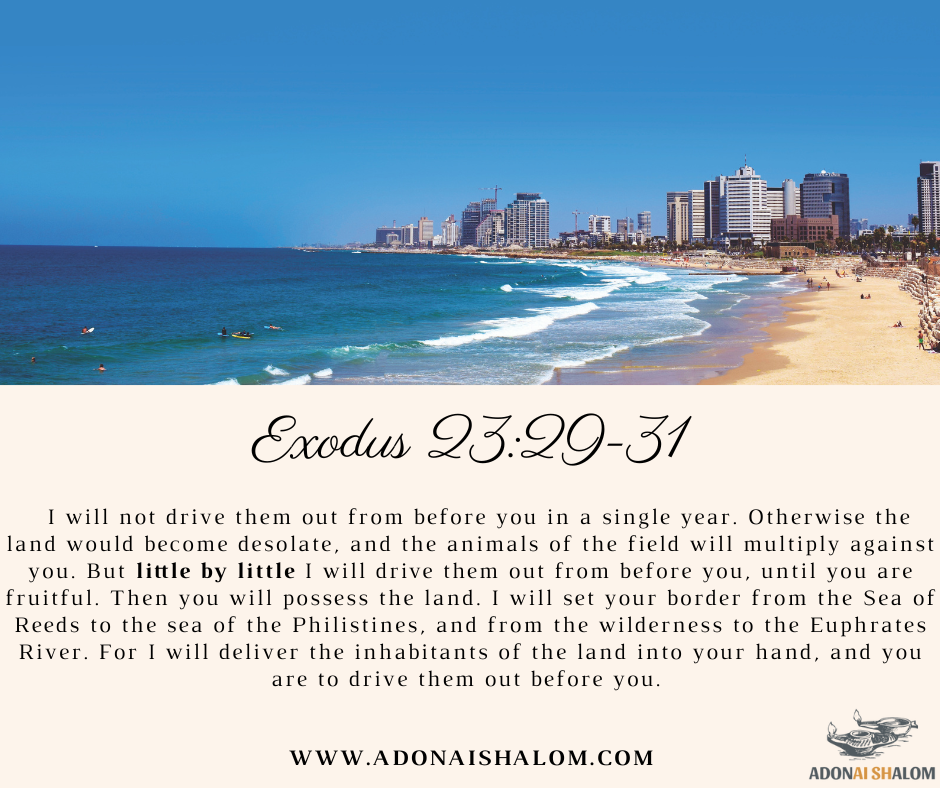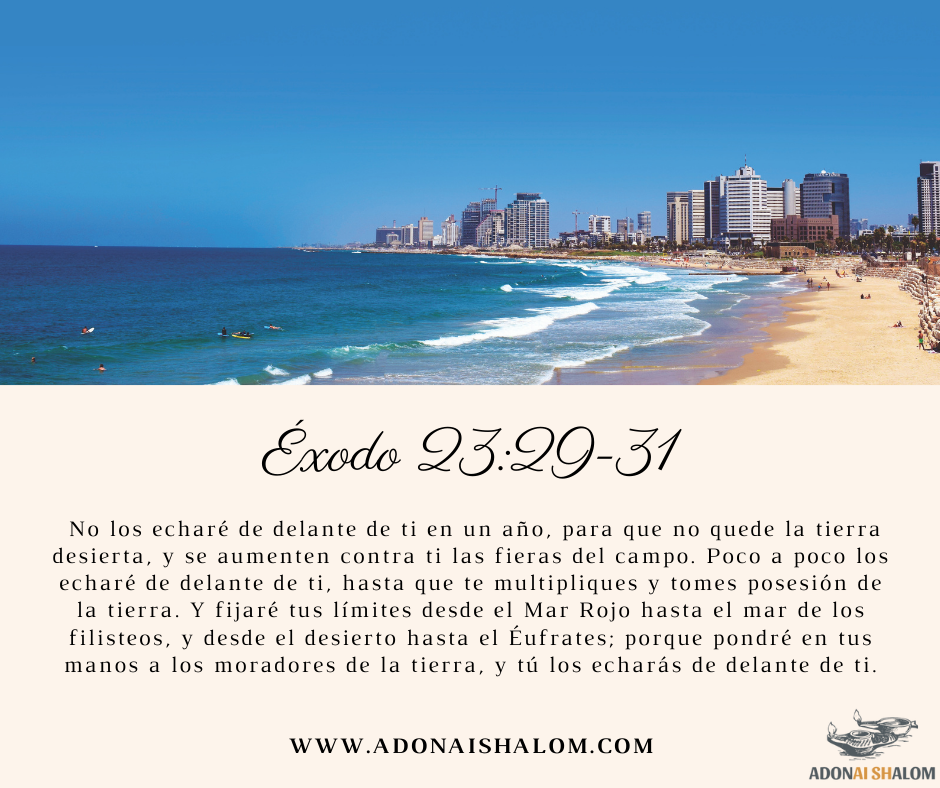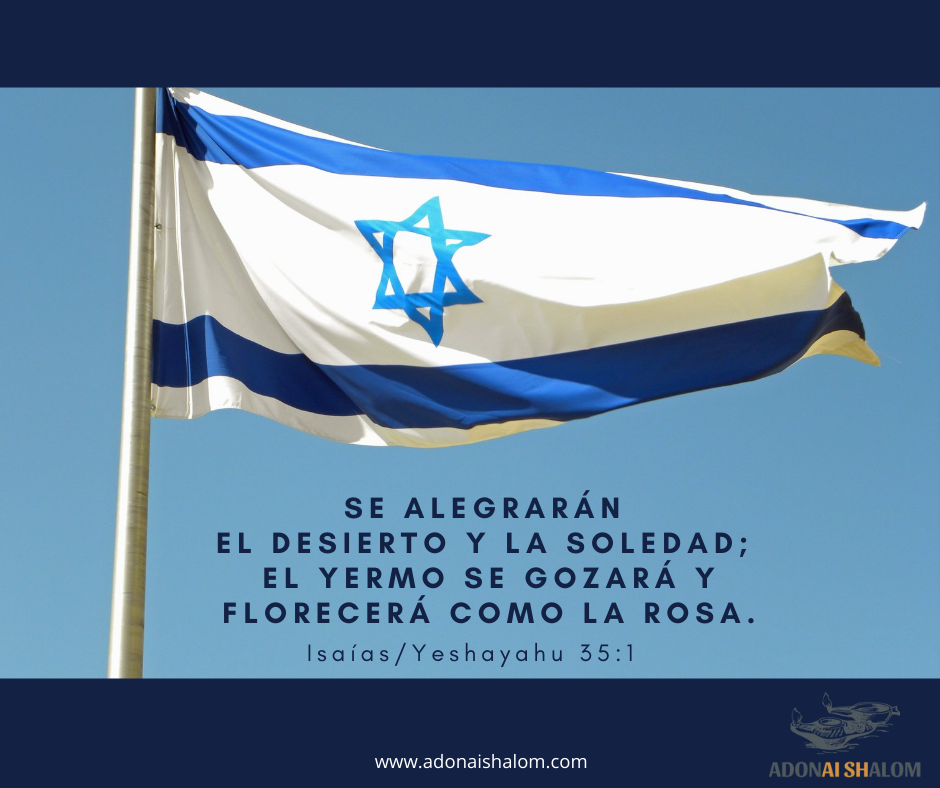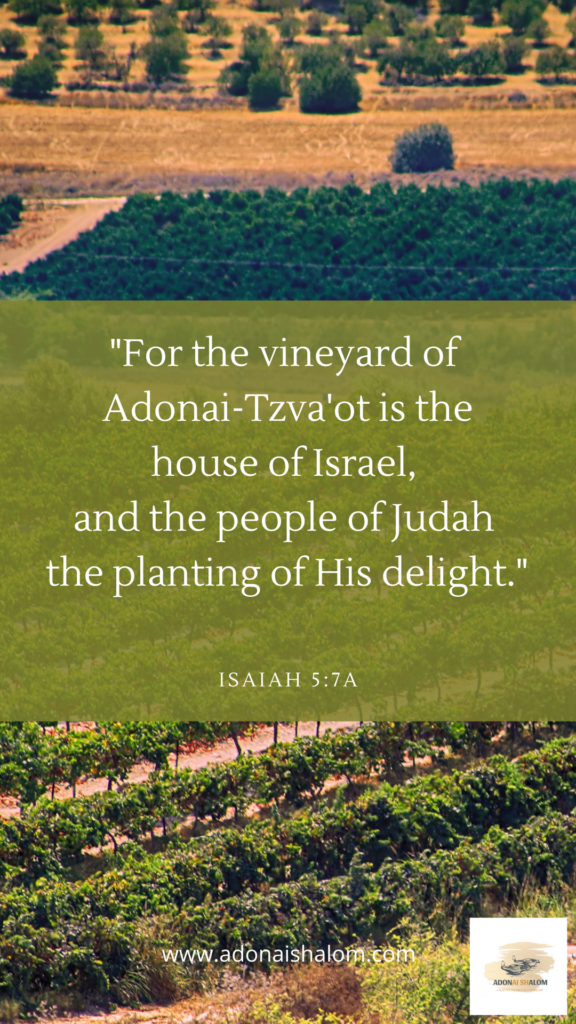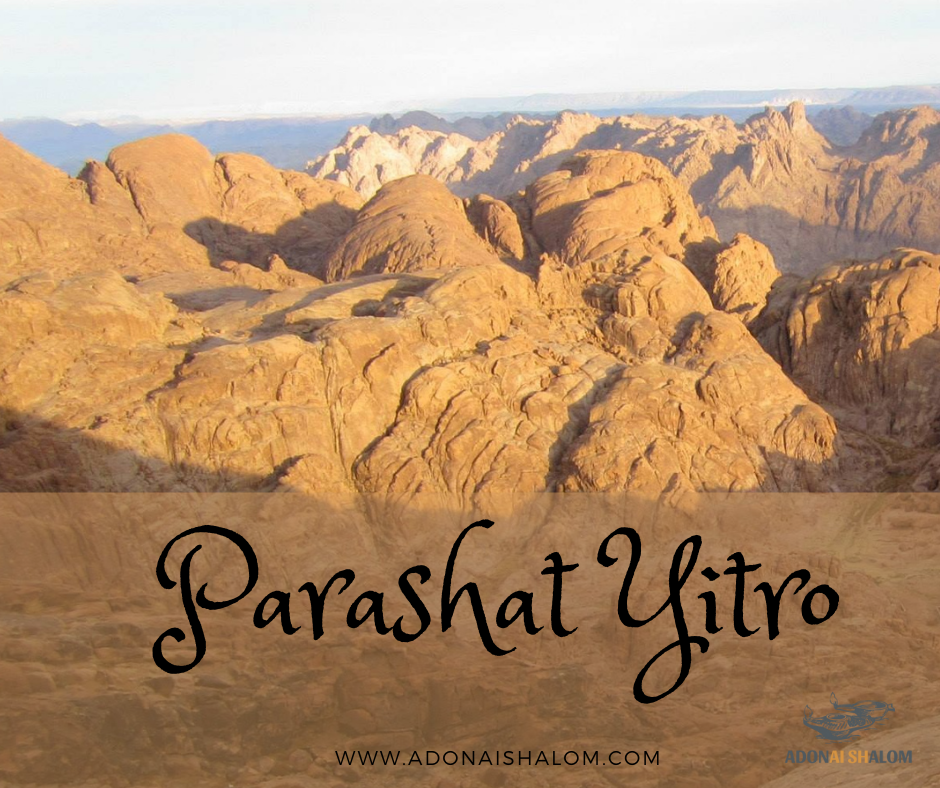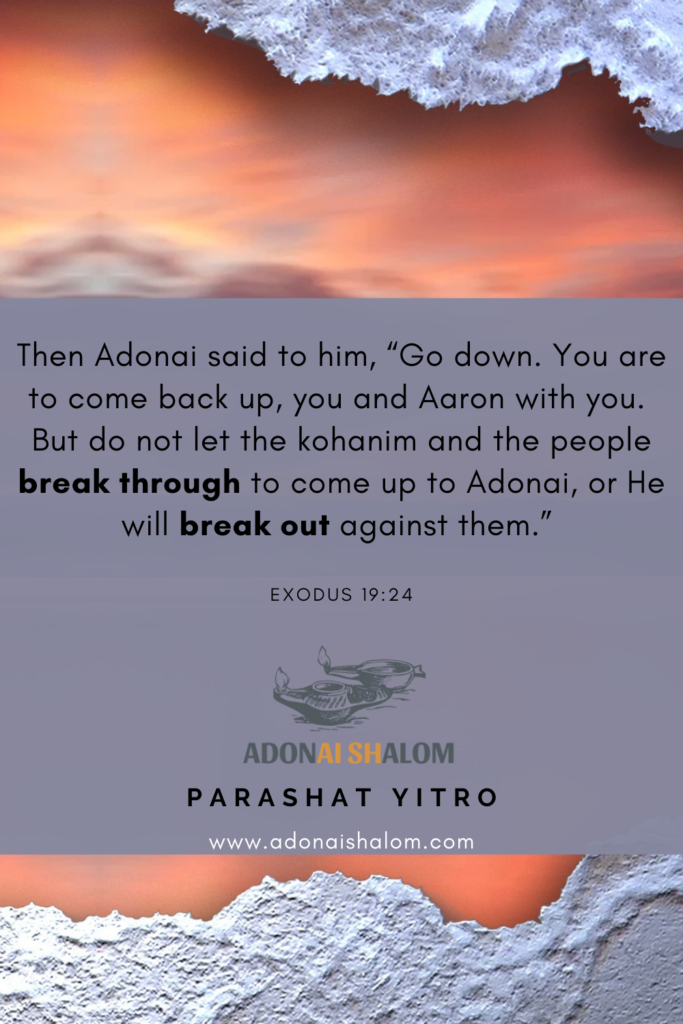How you can be blessed in your daily routine
Updated 5/25/22 B”H
Do you want to be blessed in your daily routine? Here are some practical ways you can receive God’s blessing in your life:
1. Approach God directly through prayer
Some world religions teach that God is far-off, distant, and unconcerned with the daily activities of human beings.
Some people believe that they cannot personally talk with Him: that they need an intermediary or someone “holier-than-thou” to speak to the Almighty on their behalf.
Countless times have people asked me to pray for them, but it becomes clear they have no intention of doing so themselves.
Prayer on the behalf of another is never wasted, but it would be more effective if the requester would join in with true faith of their own.
You can pray any time! Start your day off right, by approaching the throne of the LORD with a humble prayer of thanksgiving and praise.
Why not listen to this song, “Awake, O Israel, put off thy slumber” and start giving Him praise right now!?
2. Reject American Christianity’s dangerous flirtation with yoga and kundalini in your exercise routine
If you have a morning exercise routine, keep at it! Incorporate praise and worship music when you’re on your elliptical or treadmill. Thank the LORD for the ability to move the body that He gave you. If you’ve ever had to recover from an injury or medical intervention, you know not to take exercise for granted.
Pray today for strength. That He would strengthen your every limb and muscle and tendon, that His strength would be made perfect in your weaknesses.
Do NOT follow the New Age movement’s suggestions to “look inward,” attempting to empty the mind in order to find enlightenment, self-actualization, or nirvana.
More and more Americans turn toward Eastern religion, incorporating yoga and kundalini worship practices into their lives and joining the pop culture fascination with anything decidedly nonChristian.
My advice to aspiring yogis: yes, stay healthy, eat some yogurt, but skip the yoga.
Let me explain why:
My friends (natives of northern India) who happen to be evangelical missionaries to that same region attest that yoga is indeed rooted in Hindu religion and they are saddened (appalled, really, but they are shy to show it) by the Western embrace of these dark influences. They risk their lives preaching the Good News of Messiah and rejoicing when bondages are broken as people reject idolatry and come back stateside only to be bombarded by American Christians who get all defensive about their exercise routines.
[Missionaries in India] risk their lives preaching the Good News of Messiah and rejoicing when bondages are broken as people reject idolatry and come back stateside only to be bombarded by American Christians who get all defensive about their exercise routines.
The Scriptures used by thousands of believers around the world instruct plainly what ought be done.
Rabbi She’ll (Paul, the Apostle) wrote to the Romans that believers should “renew their mind,” (Romans 12:2) and assured the Corinthian believers that by the power of the Holy Spirit (Ruach haKodesh) and faith in His Name, they now had the “mind of Messiah”(1 Corinthians 2:16).
Followers of Jesus (Yeshua) are to set their minds on things above (Colossians 3:2). We must choose to live differently. Rather than empty our minds, we must fill our mind with the Truth of God’s Word.
There are plenty of ways to demonstrate our faith without compromise. After all, there are plenty of stretching exercises that we as believers can do that are not rooted in yoga’s practices. Let us honor our LORD and not invite Hindu spirits into our lives.
3. Meditate on the Psalms
“Meditation” isn’t anti-Biblical.
The Bible exhorts us to meditate! Meditate as a child of God, on the things of God. Do not meditate as the world does.
I always recommend that people meditate on the Word of God as a whole but also specifically on the Psalms. This is timely because I very recently reviewed an excellent devotional resource on the Psalms that uses some of the famous minister Charles Spurgeon’s writings called “Spurgeon and the Psalms.” You can read that review here.
It is a sad reality that so many people do not realize that their Maker, their Creator, will hear them (and answer them!) if they would call upon His Name. Too many think that spiritual meditation is reserved for Buddhists and Hindus. Too many people appear to feel ashamed by the knowledge that they are sinners that they are afraid to speak to the God of Heaven. Many choose not to overcome this barrier, embarrassed that their peers or family will judge them for choosing to enter into a personal relationship with Jesus Christ (Yeshua haMashiach).
Many echo David’s wonderings that we find in Psalm 24:
“Who may stand in His Holy Place? (Psalm 24:3b)
How can I receive a blessing from the Almighty One?
How can I know He will touch my life?
How can I know He will heal a loved one?
“Who may go up on the mountain of ADONAI?” (Psalm 24:3a)
It is easier than you may think.
David was inspired to give the answer:
The next verse assures us of this:
“He will receive a blessing from ADONAI, righteousness from God his salvation.” (Psalm 24:5)
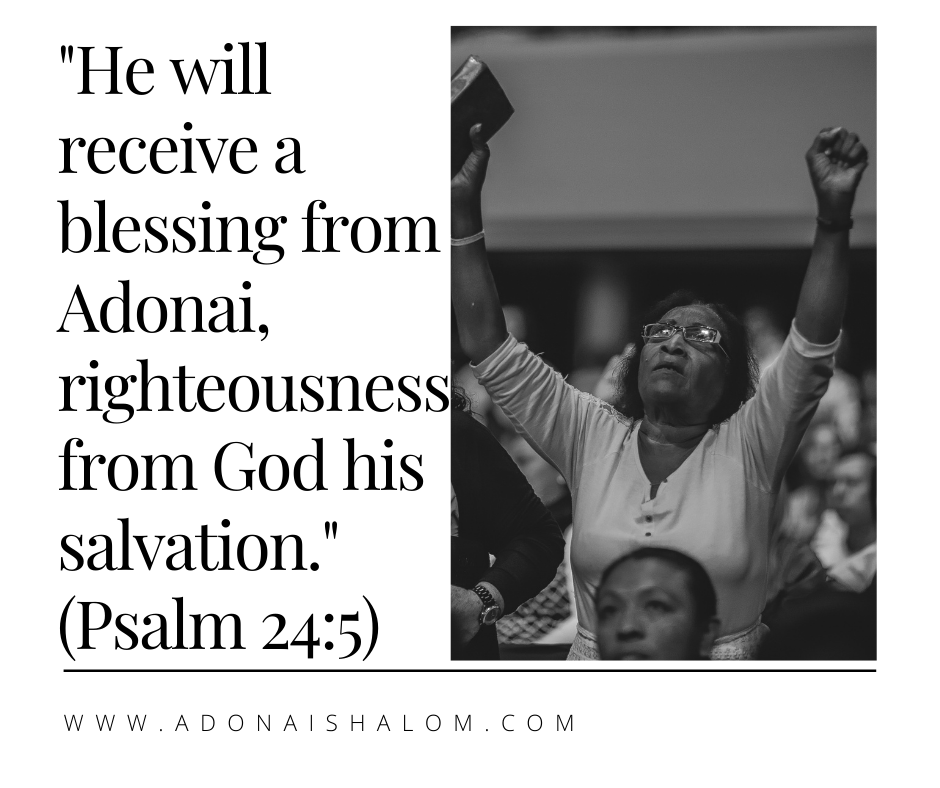
If you sincerely come before Him, bearing no agenda, lifting your soul not to the idols of this world but to the Prince of Peace, He will bless you.
May it be said of you, like of Nathanael in John 1:47, “in him there is no deceit.”
But if you have failed and your hands are unclean due to dishonest dealings and impurities in your heart, let this be a message of hope for your life.
You can be clothed in righteousness if you choose to be wrapped in the garments of His salvation (Isaiah 61:10), the greatest blessing available to anyone on this earth. May nothing impede you from the blessing that is yours if you will receive it.
Here is a song by worship leader Robin Mark that may truly encourage you today called “Garments of Praise.” I love the lyrics:
Make these broken weary bones rise to dance again,
Wet this dry and thirsty land with a river!
LORD our eyes are fixed on you and we are waiting,
For your garland of grace as we praise your Name!
Hallelujah, sing hallelujah!
We give all honor and praise to your Name!
Hallelujah, sing hallelujah!
We trade our sorrows for garments of praise!”
If you begin your day focusing on the LORD and His goodness, the rest of your day will be full of blessing, too. And when there are hard times, you will be spiritually prepared to endure the battle and win. Receive the blessing that He has for you – it is yours, just for the asking. He is willing to give you unmerited favor: what we call, “grace.” And His grace is more than sufficient for you, today.
Also, remember this: we may have our daily routines, but with God, life becomes much more than routine! It becomes full of meaning and joy!
4. Make the decision RIGHT NOW to follow the Savior of mankind and you will certainly receive the blessing and favor of God Most High.
And when you do, let me be the first to say, welcome to the family!!
If you have questions about Messiah Yeshua (Jesus the Christ), please send a message or leave a comment. We would be overjoyed to help you in your spiritual walk. Shalom!
I’ll leave you today with another song that will minister to your heart based on Psalm 24, “Who will Ascend to the Mountain of the LORD?”


